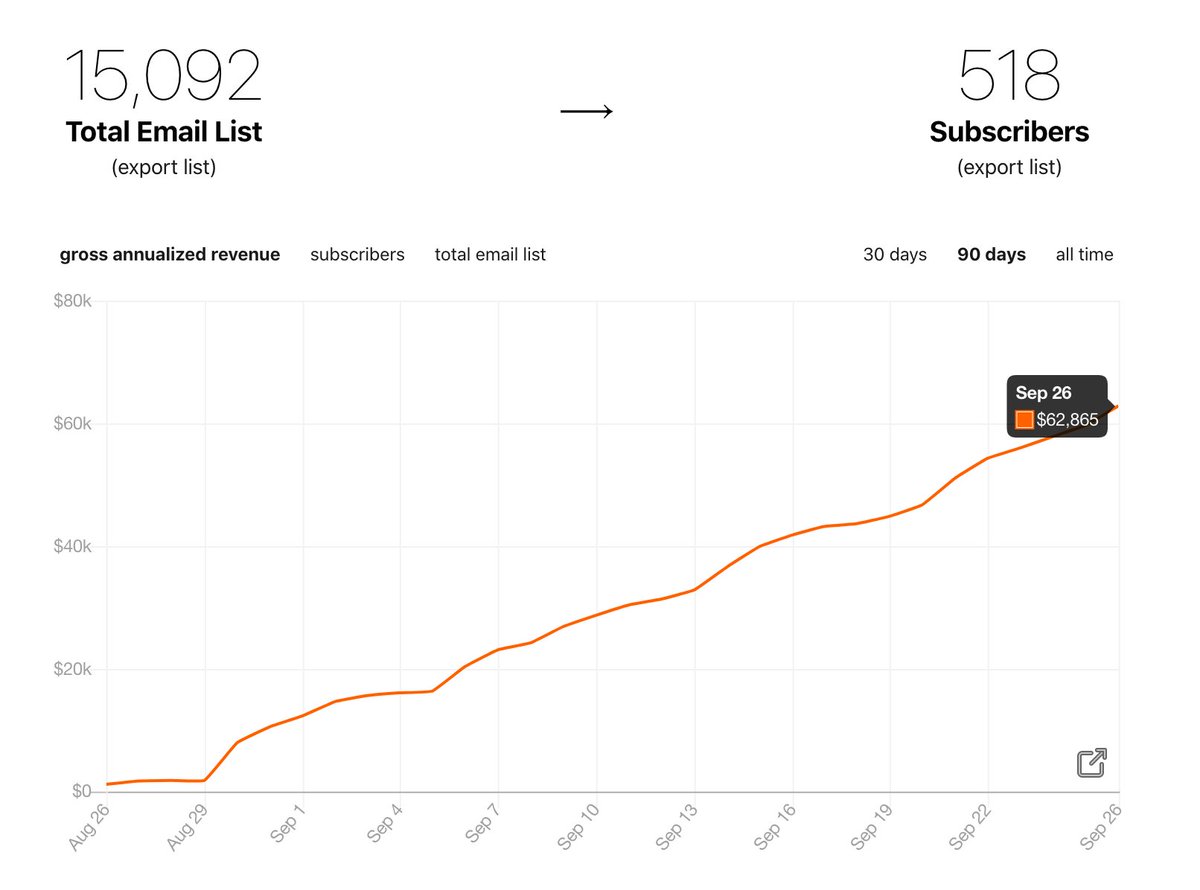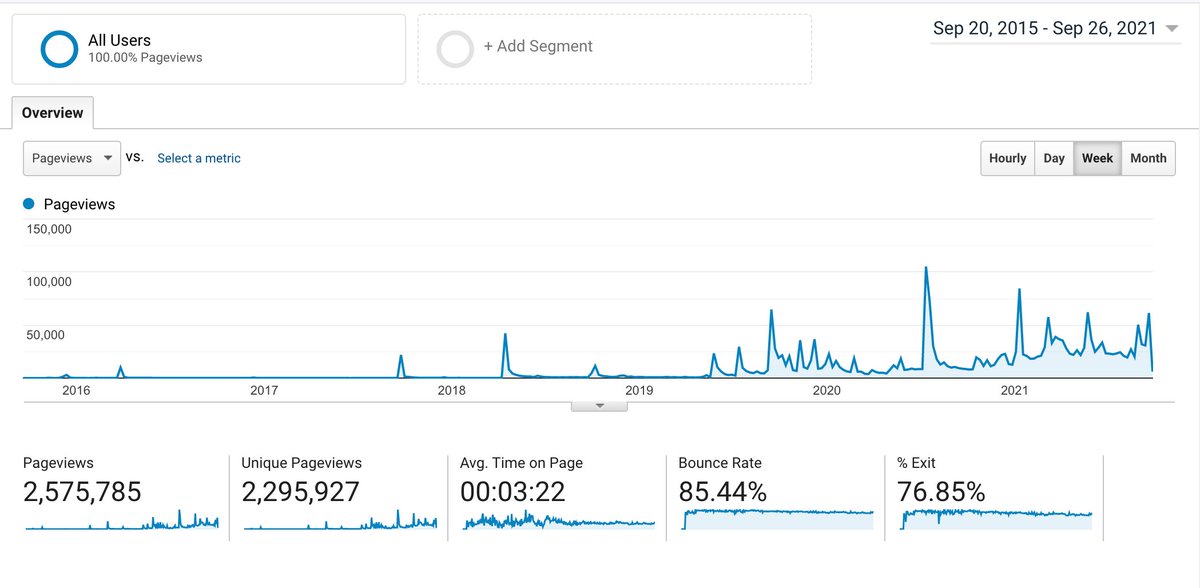
My article on how big tech runs projects is on the frontpage of Hacker News (news.ycombinator.com), and the comments are really interesting.
I particularly like this one from a person at Shopify, who are out-executing most tech companies. How do they do it? Like this:
I particularly like this one from a person at Shopify, who are out-executing most tech companies. How do they do it? Like this:

This is exactly how high-performing teams have always worked, from the teams at Apple building all their products to ones at Amazon, to those at Google etc.
Scrum, bundled with consultants can help, sure. But ever stopped to wonder about why many places never needed these folks?
Scrum, bundled with consultants can help, sure. But ever stopped to wonder about why many places never needed these folks?
And I'm not anti Scrum (with the capital S), and the article defends this practice that has its time and place: newsletter.pragmaticengineer.com/p/project-mana…
But here's an open secret Silicon Valley companies know that most other companies don't: blog.pragmaticengineer.com/what-silicon-v…
But here's an open secret Silicon Valley companies know that most other companies don't: blog.pragmaticengineer.com/what-silicon-v…
Hacker News discussion for reference: news.ycombinator.com/item?id=286695…
• • •
Missing some Tweet in this thread? You can try to
force a refresh





